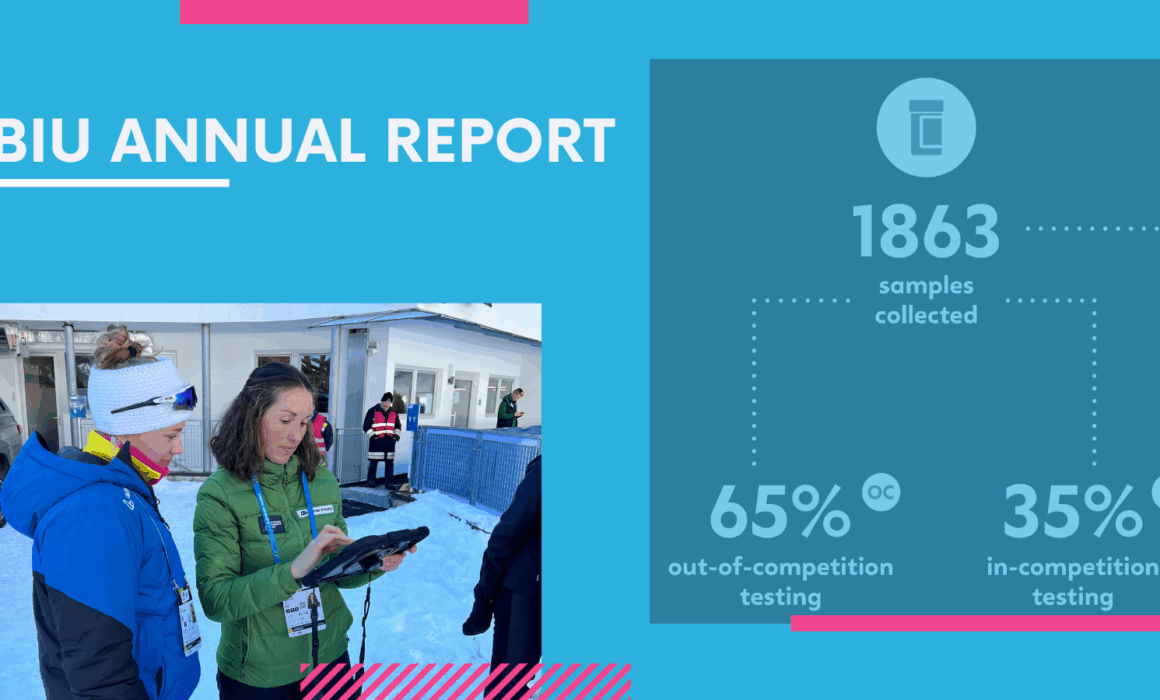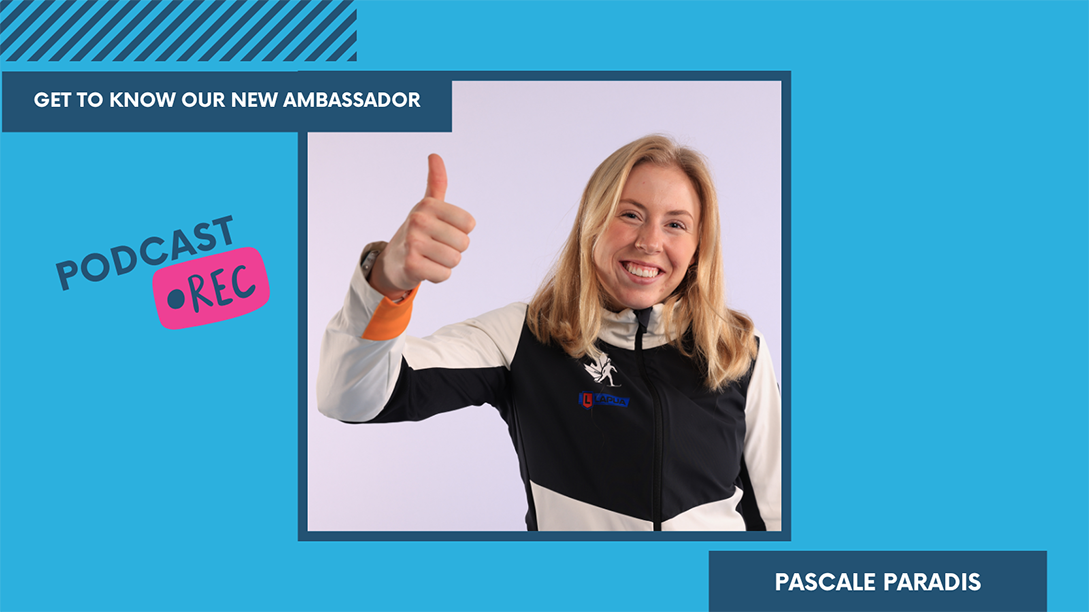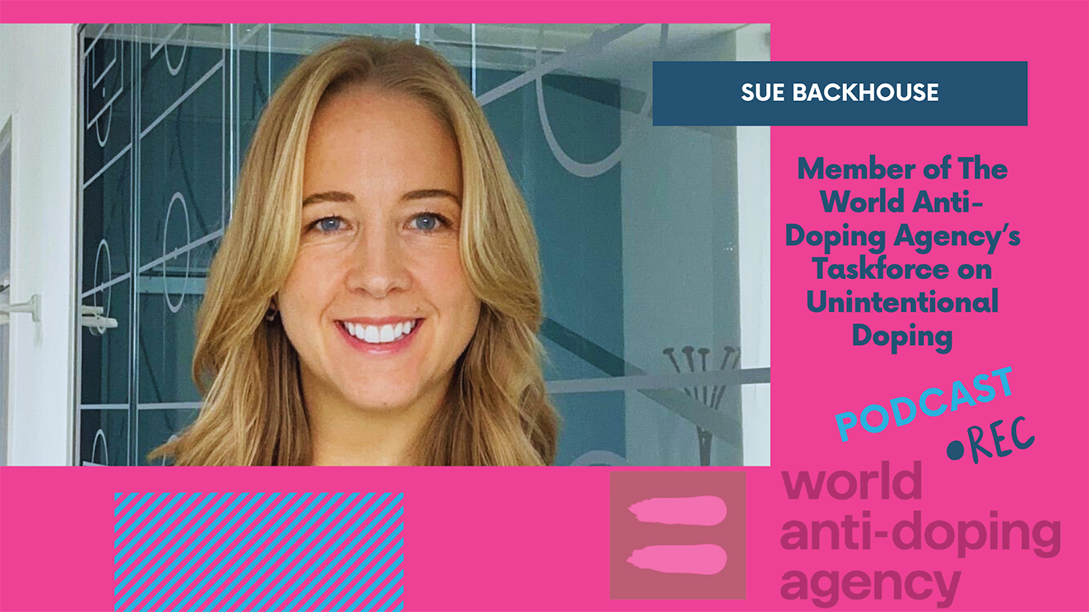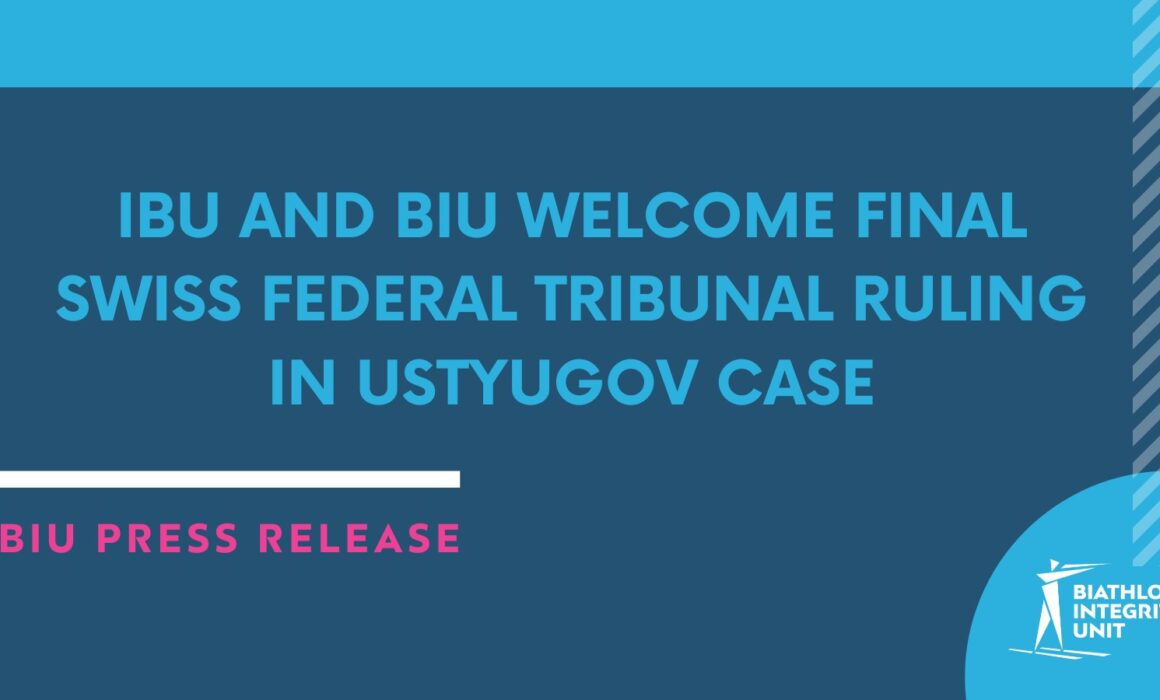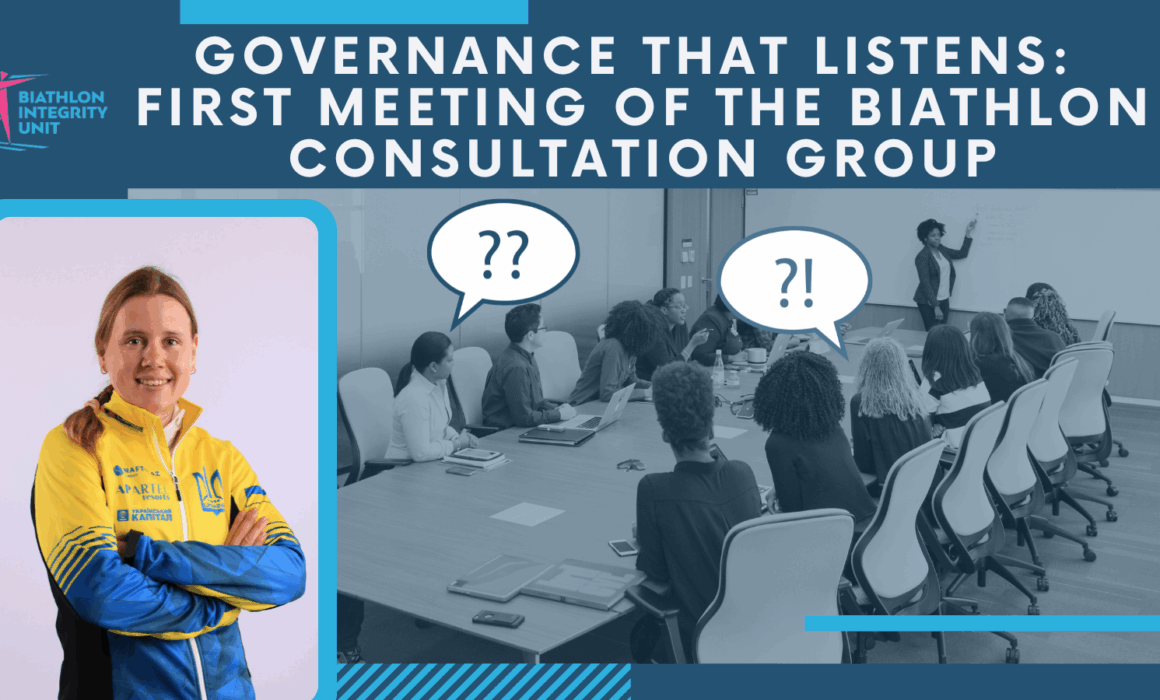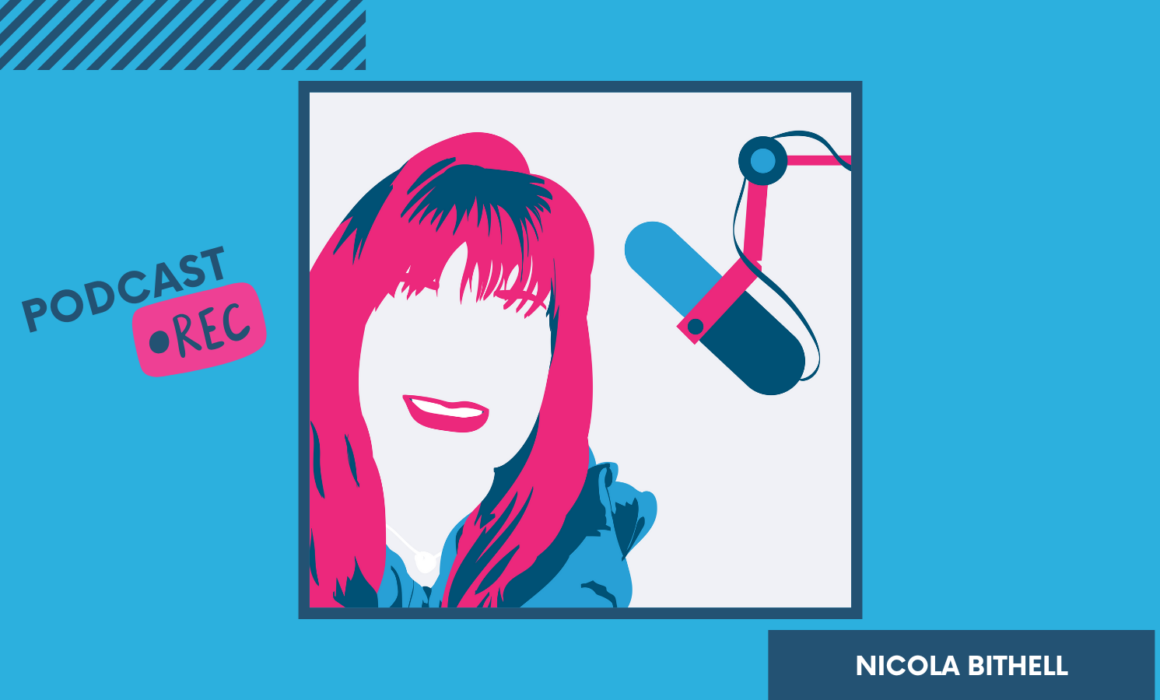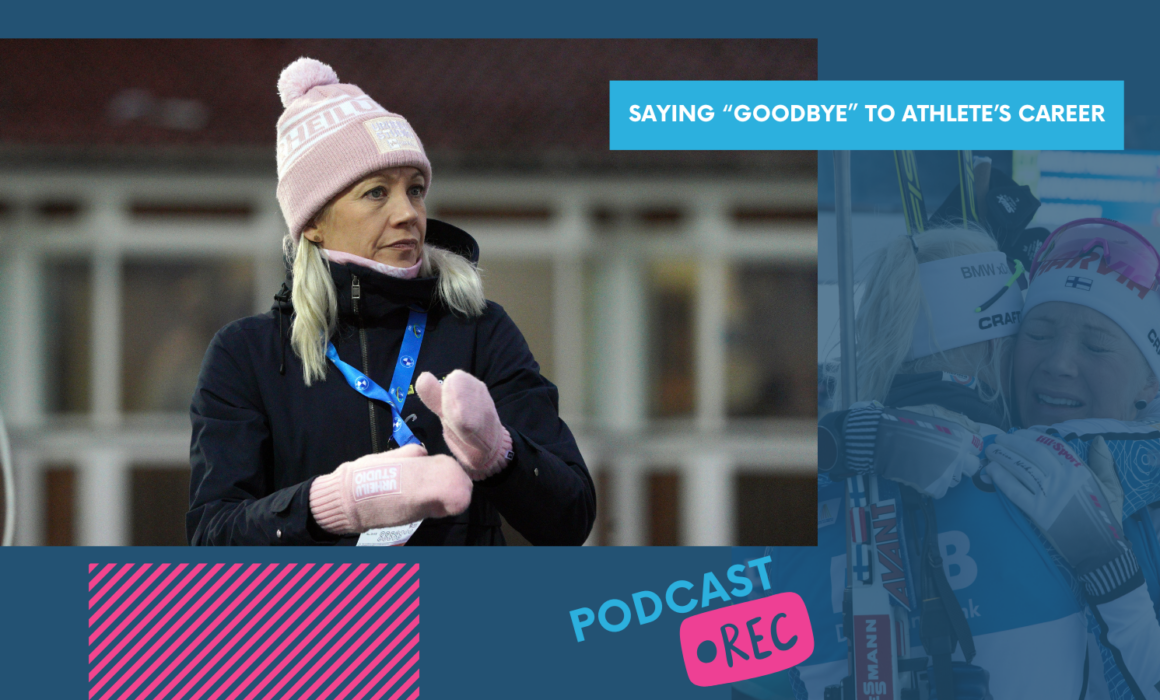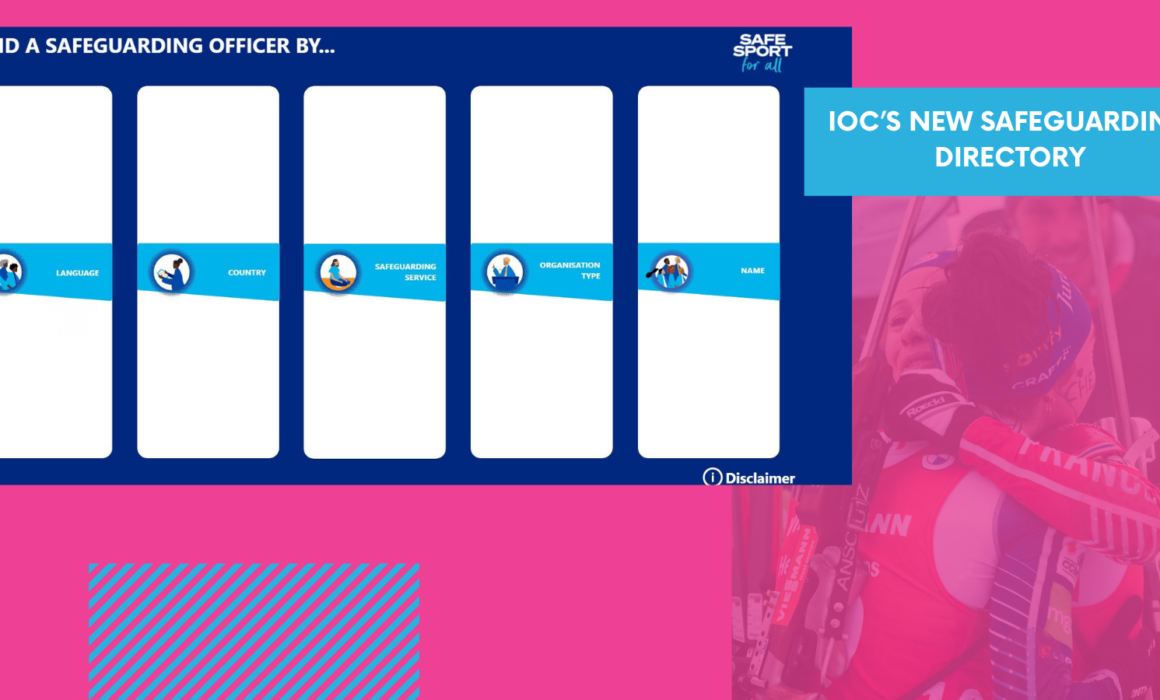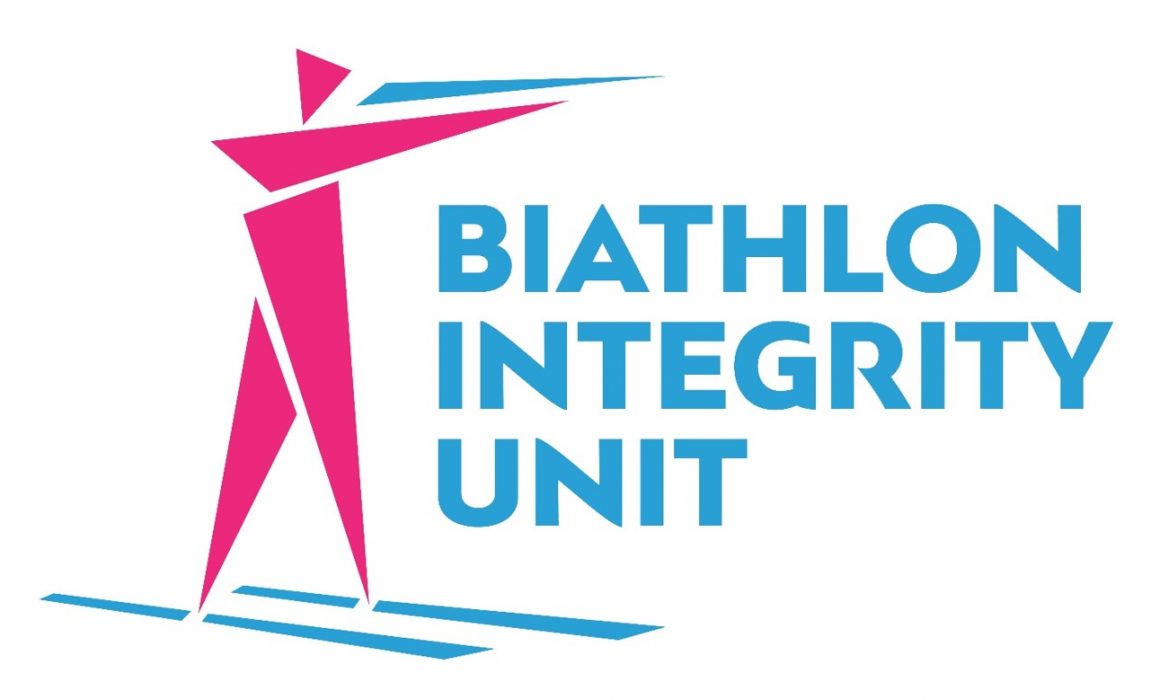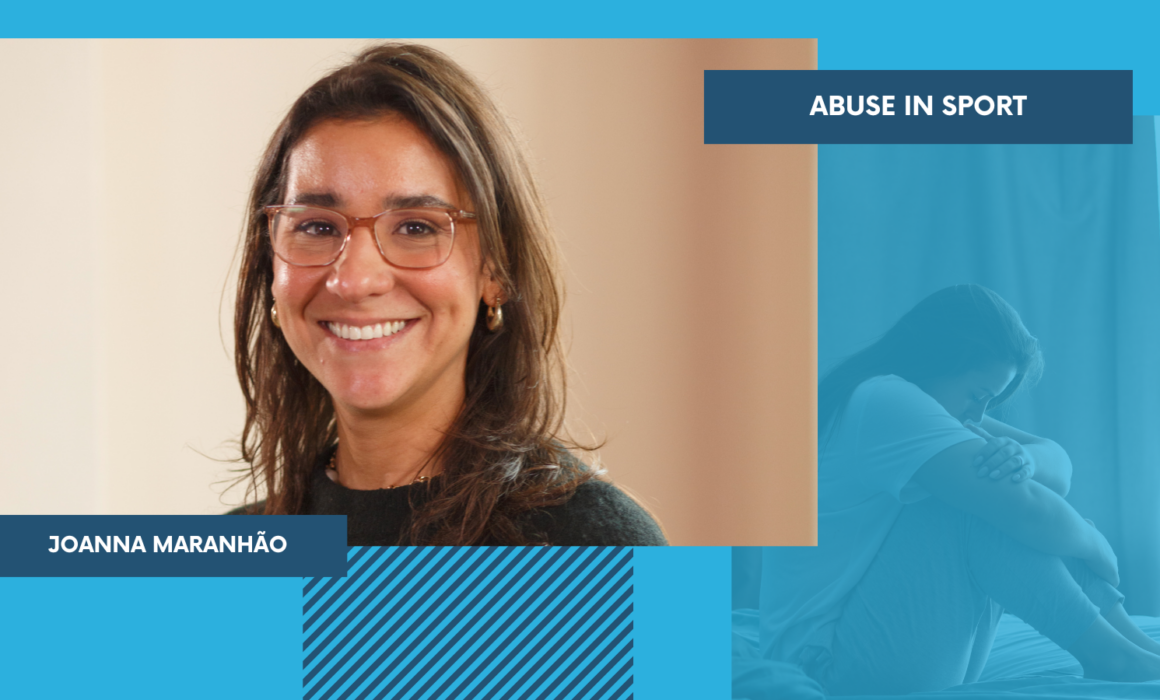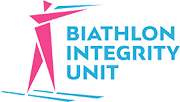BIU publishes Annual Report 2024-25
The Biathlon Integrity Unit (BIU) has published its Annual Report for the period from May 2024 to April 2025, a year of deeper cooperation with integrity bodies, law enforcement agencies and National Anti-Doping Organisations (NADOs).
As Louise Reilly, Chair of the BIU Board, put it in her introductory message: “The past year has underlined more than ever the importance of collaboration in maintaining the integrity of biathlon. While the BIU continues to act with independence and purpose, we recognise that tackling complex and transnational threats, whether doping, safeguarding failures, or corruption, requires integrated action across systems and institutions.”
Greg McKenna, Head of the BIU, added: “Our collaboration with National Anti-Doping Organisations has strengthened further this year. Through improved test distribution planning and data sharing, athlete coverage has expanded, reducing duplication and enhancing trust in the anti-doping system. Our testing strategy is reinforced by the systematic storage of samples for future reanalysis, an important tool in long-term deterrence and enforcement.”
The report provides a comprehensive overview of the BIU’s operational activities, including key facts and figures. Out of a total budget of €2.76 million (up from €1.97 million last year), 45% was spent on Sample Collection & Analysis, 28% on Legal Support, 15% on Operations, 8% on Prevention, and 3% on the BIU Board.
Key Anti-Doping Statistics
The BIU collected 1,863 samples (up from 1,293 last year), with 65% collected out of competition. A total of 381 athletes (compared with 338 last year) from 34 nations were tested. The BIU also continued its collaboration with the Development Department of the International Biathlon Union (IBU), providing integrity sessions for all levels of the Coach Education courses offered by the IBU Academy. Besides basic anti-doping and safeguarding education, the focus was on the coaches’ own wellbeing and mental health, as well as helping athletes through difficult situations.
Education Initiatives
Education and communication continue to play a crucial role in the BIU’s activities, with 12 educational events (outreaches, workshops and seminars) taking place in the course of the year, covering four main topics: anti-doping, safeguarding, rules and governance.
The BIU used a wide variety of media to communicate its important anti-doping and integrity messages to the biathlon family and beyond, including posters, brochures, videos, podcasts and, for the first time, a series of website blogs. Notable were the 450,000 views of its 89 Instagram posts during the year, an increase of 100,000 on last year.
Other Highlights
VAST: The BIU launched a pilot project exploring the use of voice analysis screening technology (VAST), an AI-enabled tool designed to support the detection of potential doping-related risks. While the sample size was modest and implementation challenges emerged, the project demonstrated encouraging potential.
Rules Review Project: As part of its commitment to continuous improvement, the BIU maintained an active and ongoing review process for all its regulatory frameworks. A recent example of this process in action is the refinement of the athlete whereabouts requirements.
Supporting the IBU Congress: At the IBU Congress in Serbia, the BIU supported accreditation and voting procedures, including overseeing the pilot use of an electronic voting system provided by Votebox. This session marked the first step in the rollout of the new NF Governance Framework, aimed at strengthening standards and consistency across the biathlon family.
National Federations Governance Framework: During the 2024–25 reporting period, the BIU and IBU formally launched the National Federation (NF) Governance Framework, an initiative designed to embed robust governance principles across the biathlon family.
Focus on Whereabouts: The BIU continued to prioritise the athlete whereabouts system as a critical component in safeguarding clean sport. The BIU supported the IBU in becoming one of just two international sports federations taking part in Safe Harbour, a collaborative project aimed at strengthening the response mechanism for safeguarding in European sports.
CAS Ruling—Anders Besseberg: In 2024, the Court of Arbitration for Sport (CAS) delivered its decision in the case of former IBU President Anders Besseberg, confirming multiple breaches of the IBU Integrity Code during his tenure. The ruling reaffirmed the IBU’s and BIU’s shared commitment to transparency, accountability, and the highest standards of integrity in the governance of biathlon.
The full BIU Annual Report for May 2024 to April 2025 can be found here.

